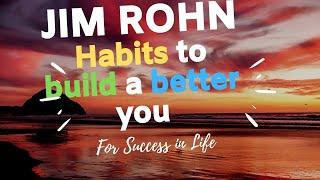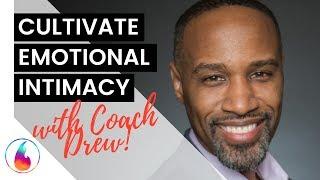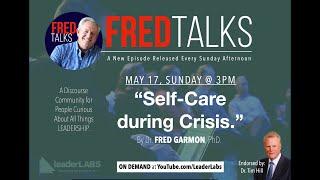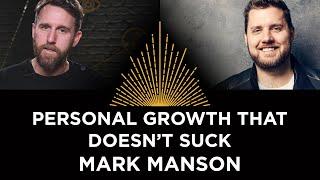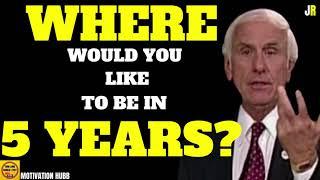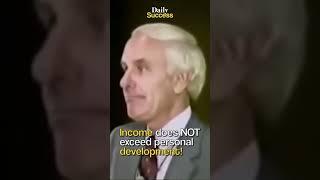Mastering Time Management with Jim Rohn: Transforming Personal Development for a Productive Future.
Explore Jim Rohn's timeless wisdom on effective time management and personal development. Learn how these principles can enhance productivity and a more fulfilling life, setting a solid foundation for future success.
In an era where the currency of time seems ever more valuable, understanding and mastering time management is crucial. Jim Rohn, a distinguished authority on personal development, has long championed the philosophy that managing time wisely is foundational to success and personal growth. This piece delves into Rohn's teachings, elucidates their practical implications in today's fast-paced world, and provides a forward-looking perspective on their application in future endeavors.
The Wisdom of Jim Rohn on Time Management
Jim Rohn’s approach to time management goes beyond mere schedules and checklists; it encompasses a holistic view of life and priorities. He famously said, "Either you run the day or the day runs you." This statement underscores the proactive stance one must take to control their time. To Rohn, time management is indissolubly linked with personal development, as effective use of time propels individuals toward their goals and visions.
Analyzing Rohn’s Techniques in Modern Contexts
In today’s digital age, distractions are ubiquitous, making Rohn’s strategies more relevant than ever. His advocacy for setting clear priorities and goals helps individuals navigate through noise and focus on actions that align with their core objectives. Comparing this with modern techniques such as the Pomodoro Technique or time-blocking reveals that while tools and methods might have evolved, the underlying principles of focus and prioritization remain constant.
Key Strategies and Their Implementation
One of Rohn’s key strategies involves categorizing activities into four quadrants based on urgency and importance, a precursor to what we now recognize as the Eisenhower Box. This method helps prioritize tasks that are not just urgent but truly important for long-term success. Implementing this in a modern workflow might involve using digital tools like Trello or Asana to visually organize and prioritize tasks according to these quadrants.
Additionally, Rohn emphasized the importance of self-discipline and reflection in time management. Setting aside time at the beginning and end of each day to plan and review has been shown to increase productivity and goal achievement. In our current context, this could translate to routine reflections using journal apps like Day One, or even mindfulness practices that help center one’s focus and intentions for the day.
Comparing Past and Present Time Management Trends
The rise of remote work has drastically changed the landscape of time management. The boundaries between personal and professional life have blurred, making Rohn’s principles of discipline and self-management more applicable. His teachings about the significance of personal philosophy and attitude in managing time can help professionals navigate these new challenges by maintaining a clear distinction between "work time" and "personal time."
The Future Impacted by Time Management
Looking forward, the implications of effective time management on personal and professional development are profound. As the nature of work continues to evolve with advancements in technology and shifts in workplace norms, those who master these timeless principles are more likely to thrive. The future is poised to reward those who can adapt Rohn’s lessons into evolving work environments, focusing on productivity and efficient use of technology.
Final Thoughts and Recommendations
The teachings of Jim Rohn on time management are not just about getting more done in less time; they are about getting the right things done and ensuring a balanced, fulfilling life. As we look to the future, these principles will be integral in managing the ever-increasing complexity of our personal and professional lives.
Key Takeaways
- Prioritize tasks using the Eisenhower Box principle.
- Maintain discipline in planning and reviewing daily activities.
- Employ modern digital tools to enhance traditional time management techniques.
- Embrace continual personal development as a core part of effective time management.
Recommendations for Further Learning
- "Eat That Frog!" by Brian Tracy.
- "Getting Things Done: The Art of Stress-Free Productivity" by David Allen.
- The Jim Rohn Guides Complete Set for in-depth understanding of his philosophies.
#PersonalDevelopment #TimeManagement #Productivity #LifeHacks #JimRohn #ProfessionalGrowth



